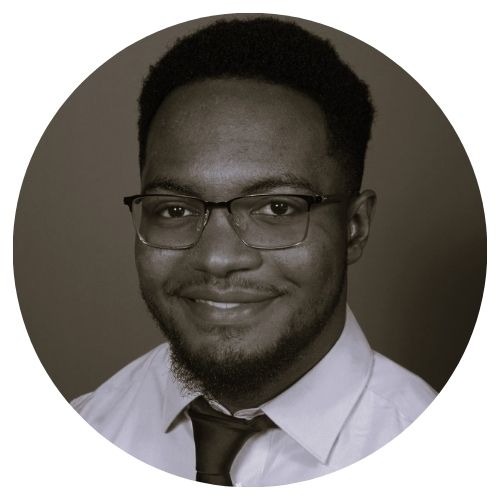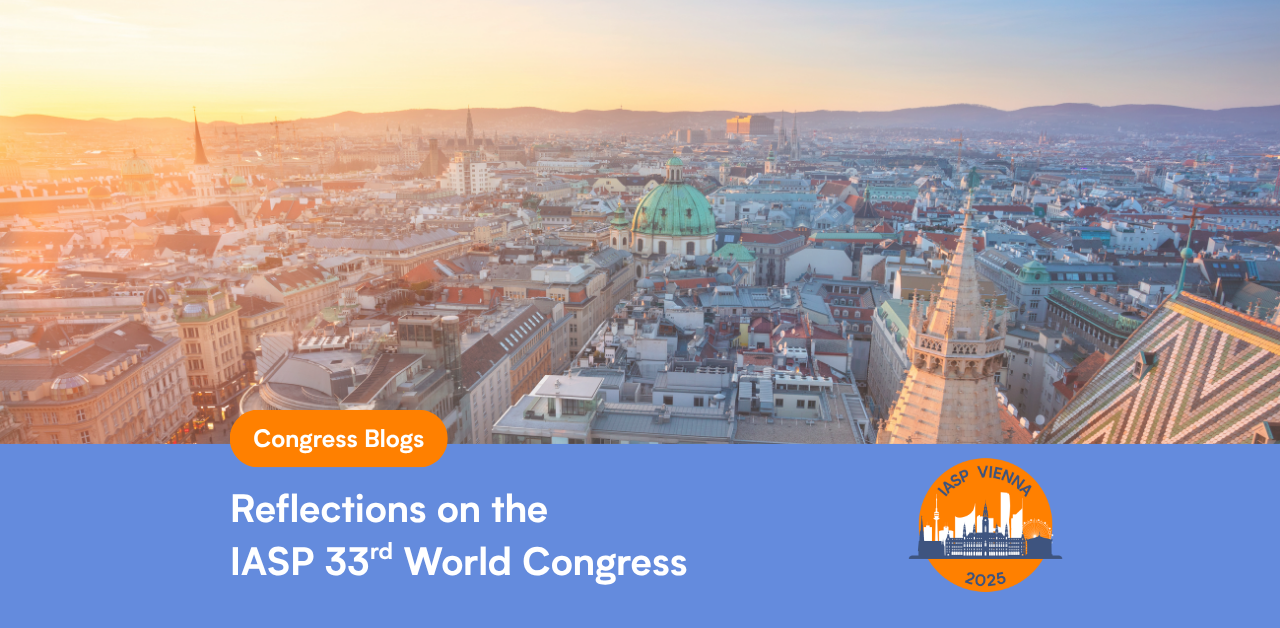Attending the IASP 33rd World Congress in Vienna was an unforgettable and meaningful experience. As someone working on suicide prevention and mental health among the healthcare workforce in LMICs, this congress gave me a chance to learn, share, and connect with people from all over the world who are also passionate about saving lives.
The energy throughout the congress was powerful. I was especially moved by how much space was given to people with the lived experience of suicide. Their courage to speak out and their stories reminded us all why we do this work. It made the discussions more human, not just scientific. It moreover highlighted their importance in the knowledge and experience they bring.
I was proud to be one of the few presenters from Africa. I moderated one of the sessions, where I shared insights alongside experts on topics like school-based prevention, youth inclusion in youth suicide prevention, the association of Netflix drama and suicide rates in South Korea and using artificial intelligence in suicide research. Being an Early Career Researcher, and being given this opportunity to chair a session really boosted my confidence and commitment to the cause, and I am grateful to IASP for trusting me with that difficult task, which highlights their commitment to capacitating, building and investing more in early career researchers.

Written by
Dr Innocent H. Peter
Co-chair IASP ECG.
Medical Doctor and Research Scientist at Kilimanjaro Clinical Research Institute (KCRI).
However, I couldn’t ignore the fact that many African colleagues couldn’t attend, mainly because of visa issues. It was disappointing to see such barriers still preventing people from the Global South from joining global conversations despite bearing a huge burden of suicide cases and mental health problems. If we want to build truly inclusive and fair suicide prevention efforts, then these travel and visa challenges must be taken seriously.
I also joined workshops on topics like suicide in the workplace, suicide prevention for neurodiverse people, police engagement for better suicide data and planning in LMICs, and digital mental health, which were indeed insightful. One session that stayed with me was how young people share their experiences online. It gave me ideas for improving our digital prevention efforts back home and the suicide in the workplace, which is becoming a pandemic.
Outside of the sessions, the congress was a great place to meet others doing similar work. I had meaningful conversations with early-career researchers, mental health leaders, and people with lived experience. These connections gave me new ideas and even opened the door for future collaborations. Events like the Pecha Kucha, the welcome reception and the Fireside Chat, among others, were a great place to connect and learn.
I appreciated meeting other co-chairs from other continents. We had a great chat and made promising plans to connect with other early-career researchers and move together.
As I return to Tanzania, I feel even more motivated to keep pushing for stronger mental health systems, more African voices in global spaces, and innovative, community-based solutions.




